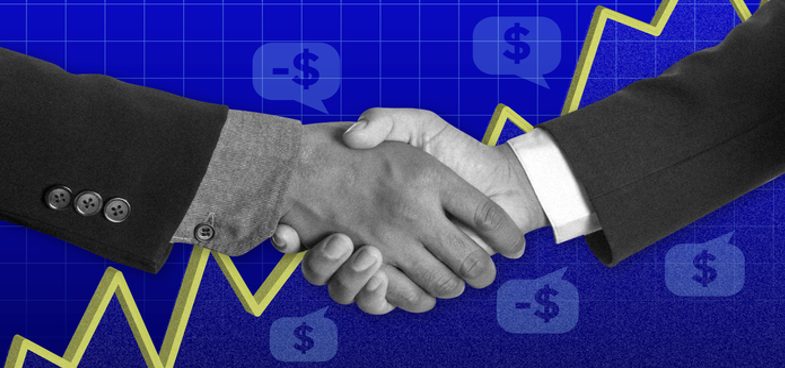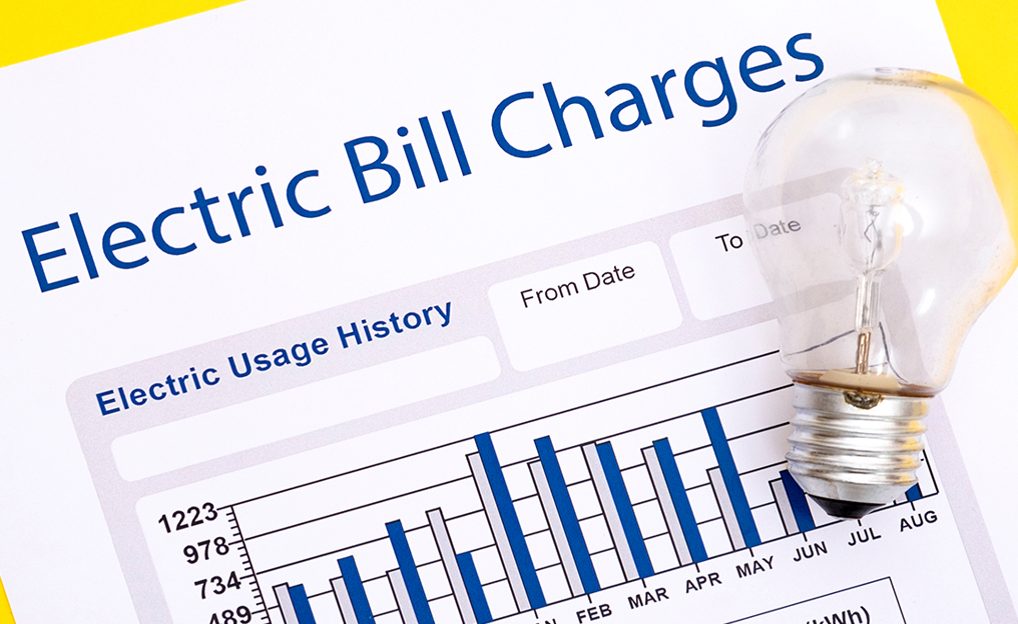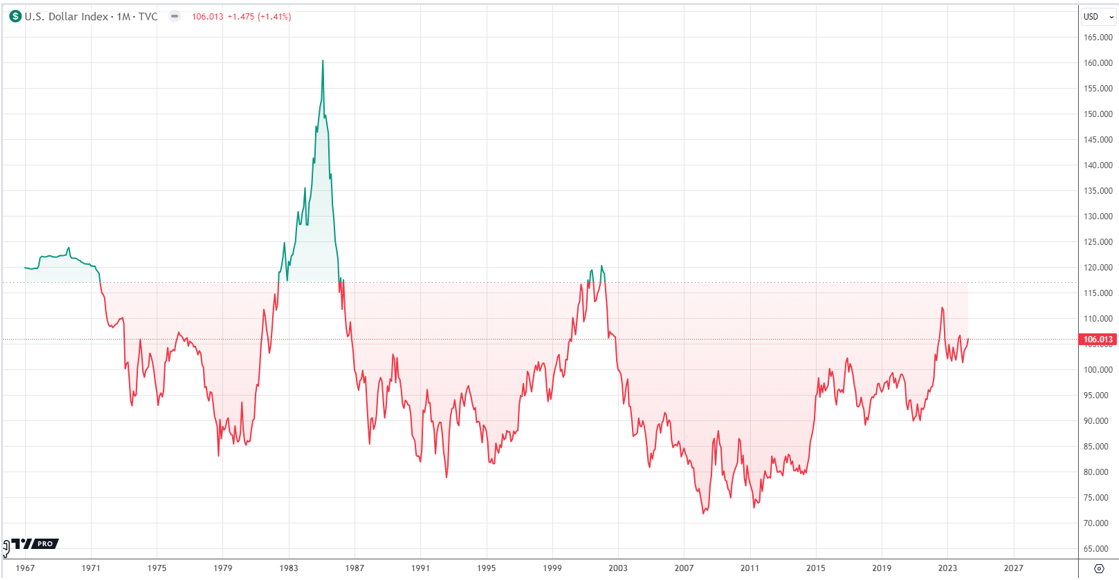CFD trading, like many financial instruments, is not risk-free. But risk can be managed. The first stage of risk management is understanding the risks, and in this article, we are going to look at the pros and cons of trading CFDs.
What are CFDs?
CFD is short for Contract for Difference. Rather than owning the underlying asset, you are speculating on the price of an instrument. Using bitcoin as an example, if you trade bitcoin CFDs, you are making a judgment about the price of bitcoin in the future.
When you buy a CFD, you make an agreement with the broker to pay the difference in price between the opening and closing position. If the price of the asset rises by 0.5%, the broker pays you. If it falls by 1%, you have made a loss and must pay the broker. It is a simple concept, but there are some pros and cons you need to consider.

The Pros of CFD Trading
CFD trading enjoys lower commissions than many other types of trading. Instead of paying a fee to open and close a trading position, you pay for the spread. The lack of broker fees makes CFD trading attractive to newbie traders, but make sure you fully understand how spread costs work.
You can go long or short with CFDs. If you open a short position, you believe the value of an instrument will fall. A long position means the price will rise. More CFD trading options mean you have more opportunities to make a profit.
Many brokers offer leverage for CFD trading. You don’t have to take advantage of leverage, but it can boost your profit margins. For example, many brokers offer 1:100 on bitcoin CFDs, so if you open a position with $100,000 worth of bitcoin, you only need to have $1,000 in your trading account.
CFDs don’t expire, so you can keep your position open if you think the price will rise further. However, overnight or weekend open positions will incur broker fees.
The Cons of CFD trading.
Because you are betting on a price rise or fall, you will lose your trade if the price goes against you. Whereas you have a hope of recovering your money if you buy stocks in a company and the price crashes, with a CFD, there is no chance of recovery. When you take leverage into account, your position is even more perilous.
It is very easy to fall foul of leverage when you are first starting out. Many newbie traders have jumped on a leverage of 1:100 and calculated how much profit they can make from a trade. Unfortunately, if the trade goes in the wrong direction, your trading account might be wiped out. It is important that you don’t try leveraging CFD trades until you are more experienced.
CFD trading is often fast and furious. This makes it more exciting, but it is easy to let your emotions get the better of you. Keep your head and don’t open and close multiple positions in a short time.
Practice CFD trading on a demo account before you deposit money into a trading account.




